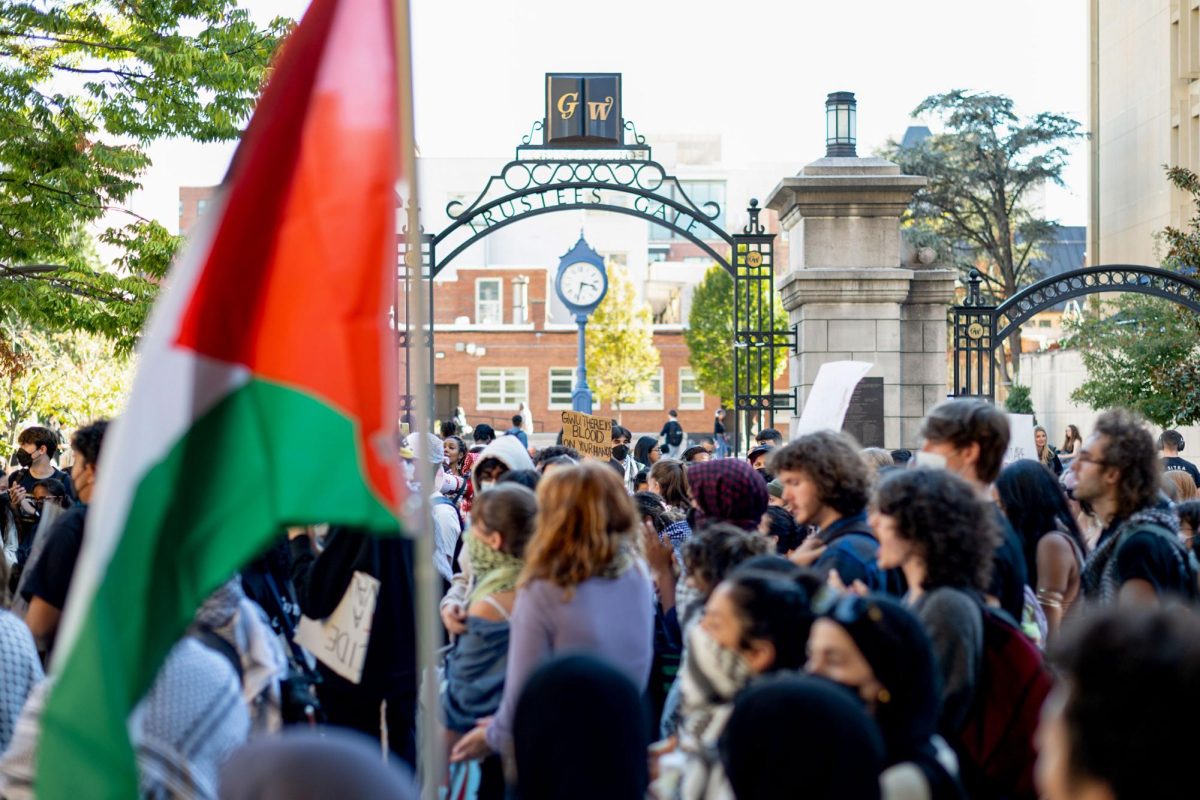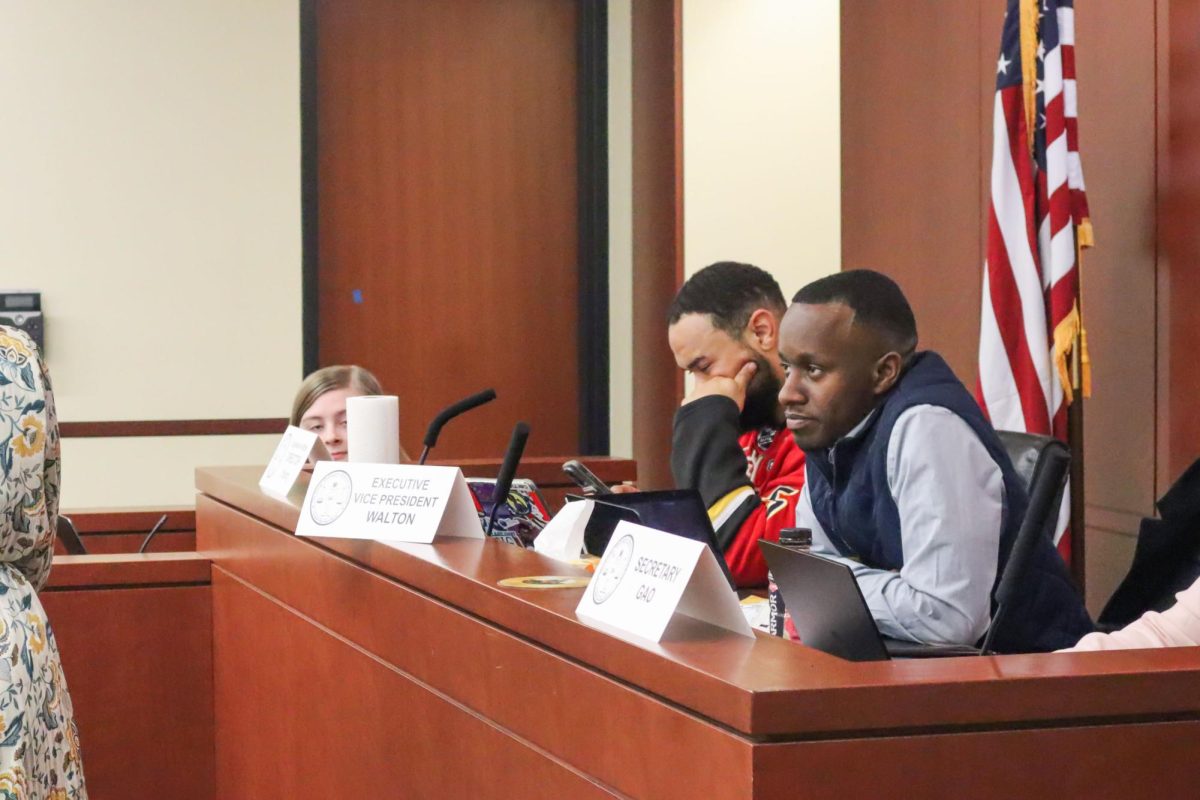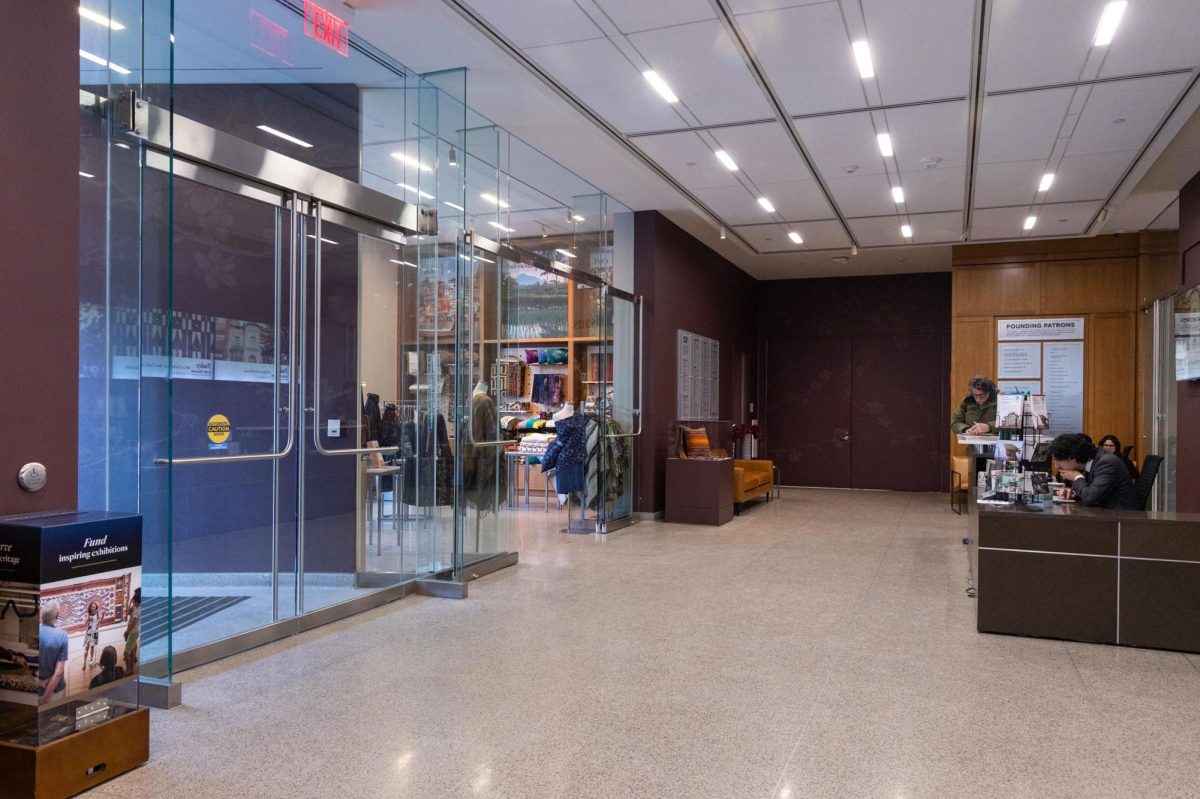The Interfraternity Council recently voted to consider expanding the number of fraternities in its membership, said Jay Levin, president of the IFC.
A final vote on expansion will take place after the proposals of the six invited fraternities are heard later this semester, Levin said. If the measure passes, the IFC will invite one more organization to join fall 2001. The six fraternities considered for induction are Alpha Phi Delta, Delta Upsilon, Zeta Beta Tau, Pi Kappa Phi, Phi Delta Theta and Chi Phi, he said.
We have the authority to recognize chapters, and only if we recognize them, will the University recognize them, Levin said.
Levin said the groups must be a chapter of a national fraternity to be recognized, Levin said.
In order to become an IFC-recognized chapter the groups have to have maintained a visible and positive presence and adhere to the rules and regulations of GW and spend one year on campus, Levin said.
Most importantly, the fraternity’s proposal to the Presidents’ Council, which is made up of the presidents of the fraternities in the IFC, must be accepted, Levin said.
Levin said the Presidents’ Council looks for a variety of qualities in a fraternity, including self-governance, strong alumni and a record of successful expansion in the past.
We want people interested in growing, we need good academics and we want an adviser (for the new chapter), Levin said.
These are general criteria that will likely be supplemented with specific criteria by the Presidents’ Council, Levin said.
This fall, Alpha Phi Delta began a process members hope will result in the reactivation of its GW chapter, said Justin Lee, an Alpha Phi Delta brother and GW medical student.
In 1981 the local chapter was discontinued because poor recruitment left the fraternity with only two or three members, said Felipe Martinez, executive secretary of Alpha Phi Delta. At that time, the national fraternity shut down its GW chapter, he said.
It probably had something to do with alumni moving away, Lee said. Alumni support for local chapters is important, he said. If alumni leave the area, the chapter often dissolves, he said.
The late `80s and early `90s was a boom for Alpha Phi Delta, Martinez said. But over the past 19 years, he said, there has been no effort to reactivate the GW chapter.
Martinez said the fraternity’s energy was spent in other areas where a strong alumni base existed, such as the Northeast.
Lee said he has begun recruiting students at GW to reactivate the chapter.
It’s been more successful than I thought it would be, Lee said.Martinez attributed the success of Lee’s recruitment to the uniqueness of the fraternity and the leadership roles available at the GW chapter.
They want to start something themselves and lead, Martinez said.These students will be founding fathers, he said. They will have the opportunity to develop their own ideas.
For one to two years, the chapter will be active with an informal charter, said Martinez. During that time, chapter members must prove that they’re worthy of getting their charter back, he said.
Community service, fundraisers for the fraternity and charity, association with other fraternities, participation in national and district fraternity meetings and activities focusing on Italian-American heritage are some of the activities Alpha Phi Delta looks for, Martinez said.
It’s a good way to be fraternal with other people and at the same time do things for the community, Lee said.






